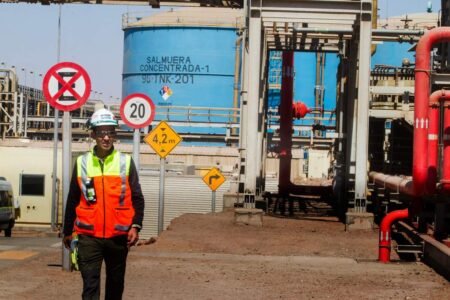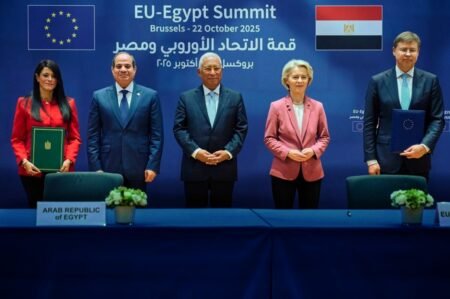(STRASBOURG) – MEPs gave their approval Tuesday to the InvestEU programme, to mobilise public and private investments in support of Europe’s post-Covid recovery, and guarantee simplified access to financing
“Invest EU brings in additional funds to turn projects that otherwise wouldn’t see the light of day into reality,” said parliamentary rapporteur José Manuel Fernandes MEP: “Our strategic sectors, such as pharmaceuticals, should be independent. We need to help regions that suffered the most, and EU citizens deserve investment and high-quality jobs.”
The InvestEU Programme will provide the EU with crucial long-term funding, which will help build a greener, more digital and more resilient European economy.
With 26 billion (in current prices) set aside in the EU budget as a guarantee, InvestEU is expected to mobilise 400 billion to be invested across the European Union from 2021 to 2027. The new programme is part of the 750 billion Next Generation EU recovery package, and will foster strategic, sustainable and innovative investments and address market failures, sub-optimal investments and the investment gap in targeted sectors.
InvestEU supports strategic investments in manufacturing of pharmaceuticals, medical devices and supplies – crucial in the midst of a pandemic – as well as the production of Information and Communication Technology, components and devices in the EU.
It will also finance sustainable projects that can prove their positive environmental, climate and social impact. Those projects will be subject to the principle of “do no significant harm”, meaning they must not negatively affect the EU’s environmental and social objectives.
Furthermore, MEPs made sure that InvestEU contributes to achieving the target of spending at least 30% of EU funds on climate objectives by 2027 and that it provides support for SMEs negatively affected by the pandemic and at risk of insolvency.
The additional investment across the European Union, expected to amount to 400 billion and the EU guarantee will be allotted to the following policy objectives:
- sustainable infrastructure: around 38%
- research, innovation and digitalisation: 25 %
- SMEs: around 26%
- social investment and skills: around 11%.
Moreover, the European Investment Fund (EIF), which will contribute to the implementation of the InvestEU programme, will get an additional 375 million.
Once the EU Council has also formally approved the regulation, it will enter into force on the twentieth day after its publication in the Official Journal of the EU.
Further information, European Parliament







